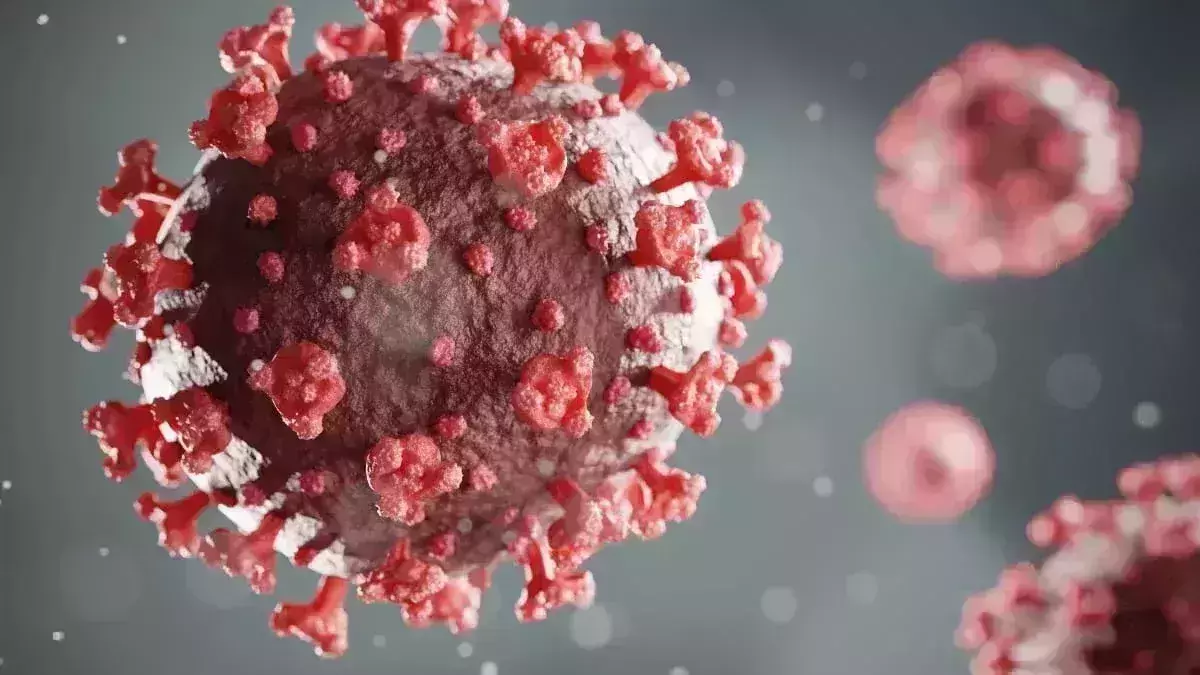
Covid can increase chances of liver issues, acid reflux, ulcers: study
text_fieldsNew York: A research found that people who have had Covid-19 are more likely than non-infected individuals to experience gastrointestinal (GI) disorders within a year of the infection, including liver issues, acute pancreatitis, irritable bowel syndrome, acid reflux, and ulcers.
Additionally, there is a higher chance of constipation, diarrhoea, abdominal discomfort, bloating, and vomiting in Covid-infected individuals.
"Gastrointestinal problems were among the first that were reported by the patient community," senior author Ziyad Al-Aly, a clinical epidemiologist at Washington University said. "It is increasingly clear that the GI tract serves as a reservoir for the virus."
The gastrointestinal system includes the mouth, throat, oesophagus, stomach, small and large intestines, rectum and anus, as well as organs, such as the liver and pancreas, that produce enzymes to aid in the digestion of food and liquids.
For the study, published in the journal Nature Communications, the researchers analysed about 14 million medical records.
They found that GI disorders were 36 per cent more likely in people with Covid-19 compared with those who had not been infected with the virus. This includes people who were and were not hospitalised because of the virus.
Further, people who had Covid were also at a 62 per cent increased risk of developing ulcers in the lining of the stomach or small intestine; a 35 per cent heightened risk of suffering from acid reflux disease; and a 46 per cent increased risk of experiencing acute pancreatitis.
Covid patients were also 54 per cent more likely to suffer from irritable bowel syndrome, 47 per cent more likely to experience inflammation of the stomach lining, and 36 per cent more likely to have an upset stomach without an obvious cause.
Similarly, those who had Covid-19 were 54 per cent more likely to experience digestive symptoms such as constipation, diarrhoea, bloating, vomiting and abdominal pain, the findings showed.
The researchers estimate that, so far, infections caused by SARS-CoV-2 have contributed to 42 million new cases worldwide.
"This is no small number, Al-Aly said. "It is crucial to include GI health as an integral part of post-acute Covid care."
With inputs from IANS























